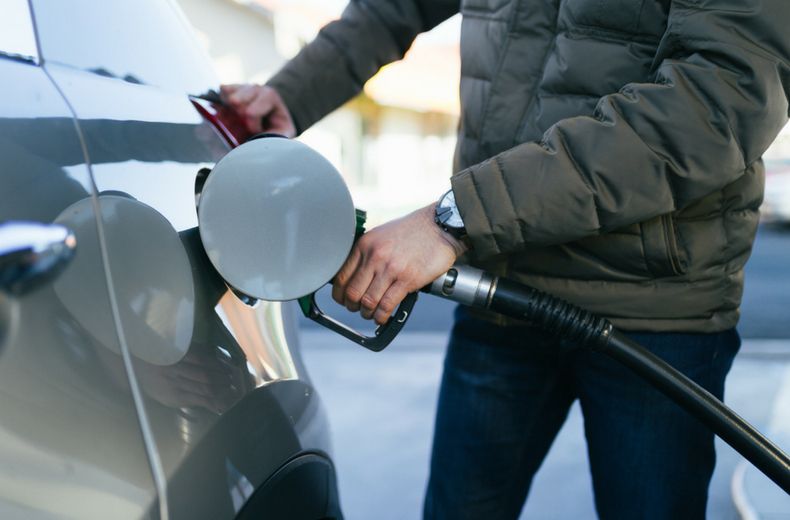New RAC Fuel Watch data indicates last month saw average price rises on the forecourts – with unleaded up by 1.08p per litre and diesel by 1.03p.
The increases are the latest twist in what the RAC describes as a “rollercoaster” period for fuel prices, following a decline of around 2p a litre in June.
The effect of this see-saw pricing means petrol now stands at an average 128.8p a litre, with diesel up at 131.85p.
It costs £7.50 more to fill a 55-litre unleaded fuel tank compared to the same point in 2017, and £8.77 more to fill an equivalent diesel.
Supermarkets emerged as the biggest culprits for dragging up average price rises across July, the RAC notes, largely cancelling out the price cuts they introduced just weeks earlier.
Supermarket unleaded rose by a significant 1.64p to 125.34p, while diesel was up 1.62p to 128.88p. By contrast, motorway service areas – typically the priciest fuel retailer – left their diesel almost unchanged at 148.14p, while increasing petrol by 1.19p.
RAC spokesperson Rod Dennis points out that the “rollercoaster effect” of rising and falling prices in recent months is “certainly in full swing.”
“The volatility of the price of a barrel of oil, and in turn wholesale fuel prices, makes it difficult to determine where prices might go next,” he adds.
The unpredictability on the forecourts is mirrored by that in the cost of wholesale fuel – with sharply fluctuating oil prices ending July on $74 a barrel.
A number of factors are contributing to the unsettled patterns.
As Mr Dennis explains: “The announcement in June by the Organization of Petroleum Exporting Countries (OPEC) that its member countries would be increasing oil production could have been a trigger for further price falls, but the complicated disagreements between the United States – another big oil producer – and Iran and China are making prices go the other way.
“The result is a great deal of uncertainty on what might happen with UK fuel prices in the coming weeks.
“Fortunately for UK drivers, the pound remained stable against the US dollar – which is important as fuel, like oil, is traded in dollars. A weakening pound means it costs more for retailers to buy fuel in, which in turn tends to mean higher prices at the pumps.”





